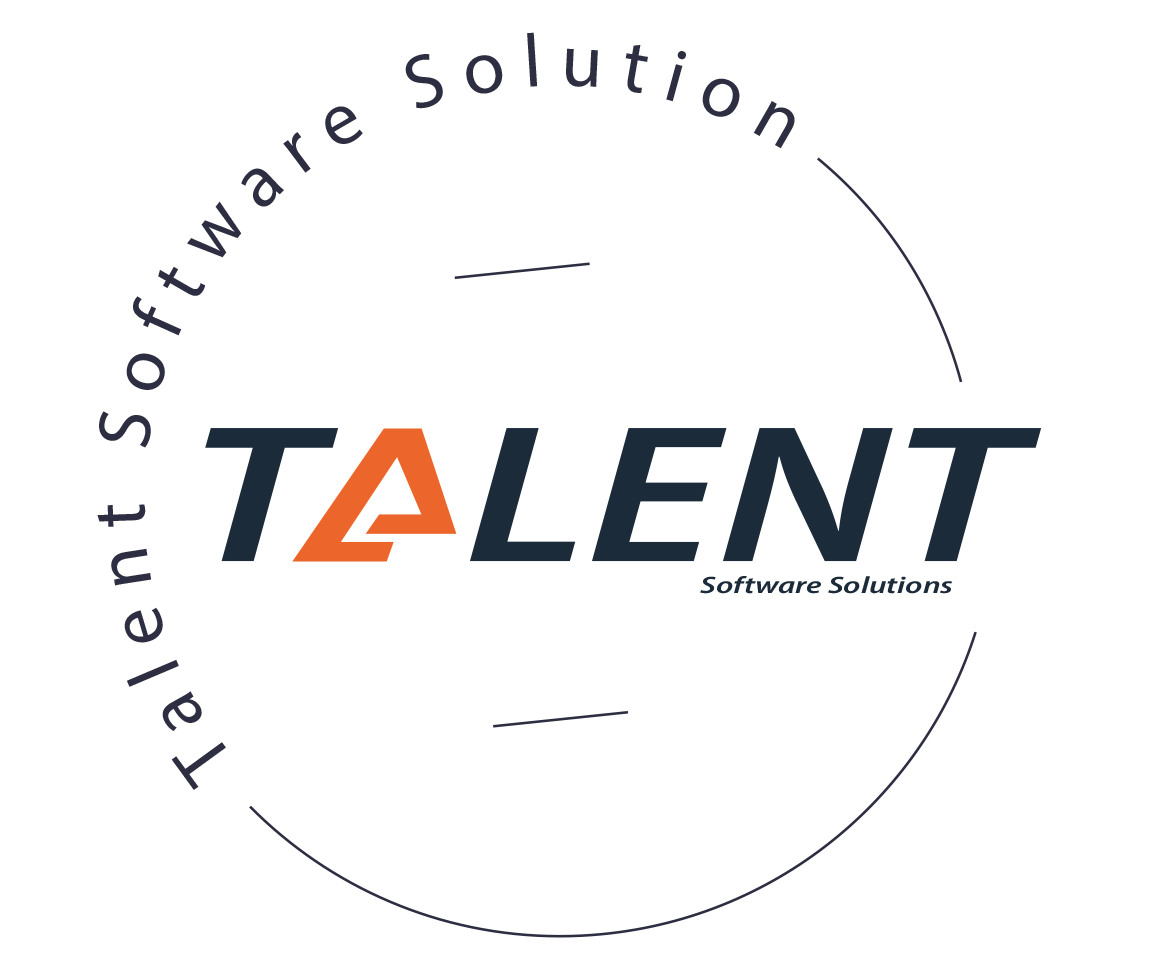
Mastering SAP
This diploma provides participants with both core and advanced skills in using SAP 2000 for structural analysis and design. The program covers theoretical and practical aspects, moving from fundamental concepts to real-world applications in engineering projects. It enables engineers to model, analyze, and design a wide range of structural systems using one of the most popular tools in the industry.
Course Content
Introduction to SAP 2000 Interface
Creating Structural Models
Defining Materials and Sections
Assigning Supports and Loads
Performing Static Analysis
Interpreting Analysis Results
Generating Reports and Diagrams
SAP 2000 V10 Advanced
Advanced Load Cases and Combinations
Modal and Dynamic Analysis
Response Spectrum Analysis
Time History Analysis
Using Constraints and Links
Modeling Complex Structures
Customizing Output and Reporting
SAP 2000 V10 Applications
Real-life Application Case Studies
Industrial Project Simulations
Bridges and Multi-story Structures
Structural Optimization Techniques
Integration with Other Engineering Tools
Final Project and Presentation
Study System
Delivery Mode: Instructor-led classroom training or live online sessions.
Course Format: Each course is divided into modules, combining theoretical explanations with hands-on labs and real-world applications.
Practice: Includes guided exercises and projects after each major topic to reinforce understanding and application.
Assessment: Periodic quizzes and a final project are used to evaluate comprehension and skill development.
Interaction: Interactive discussions, Q&A sessions, and peer collaboration are encouraged to enhance learning.
Support: Continuous instructor support during the course and feedback on lab activities and project work.
Completion: Learners must attend all sessions, complete all labs, and submit the final project to earn the course credential.
About Instructor
Professional Background: All instructors are certified experts in their respective fields, bringing both academic knowledge and real-world industry experience.
Teaching Experience: Instructors have extensive experience delivering professional training programs to a diverse range of learners including students, graduates, and corporate professionals.
Training Style: Focused on practical application, with a learner-centered approach that combines step-by-step instruction, case studies, and hands-on labs.
Supportive Role: Instructors are available for one-on-one mentoring, answering technical questions, and providing guidance on real-life implementation of course content.
Credentials: Most instructors hold international certifications relevant to the course content and are continually updated with the latest tools, technologies, and industry practices.
What you will need
-
Recommended Knowledge:
Basic understanding of structural engineering concepts and computer-aided design tools.
Recommended Course(s):
None required, though prior knowledge of engineering analysis software is beneficial.


اراء عملائنا
5/11/2025 1:44 PM